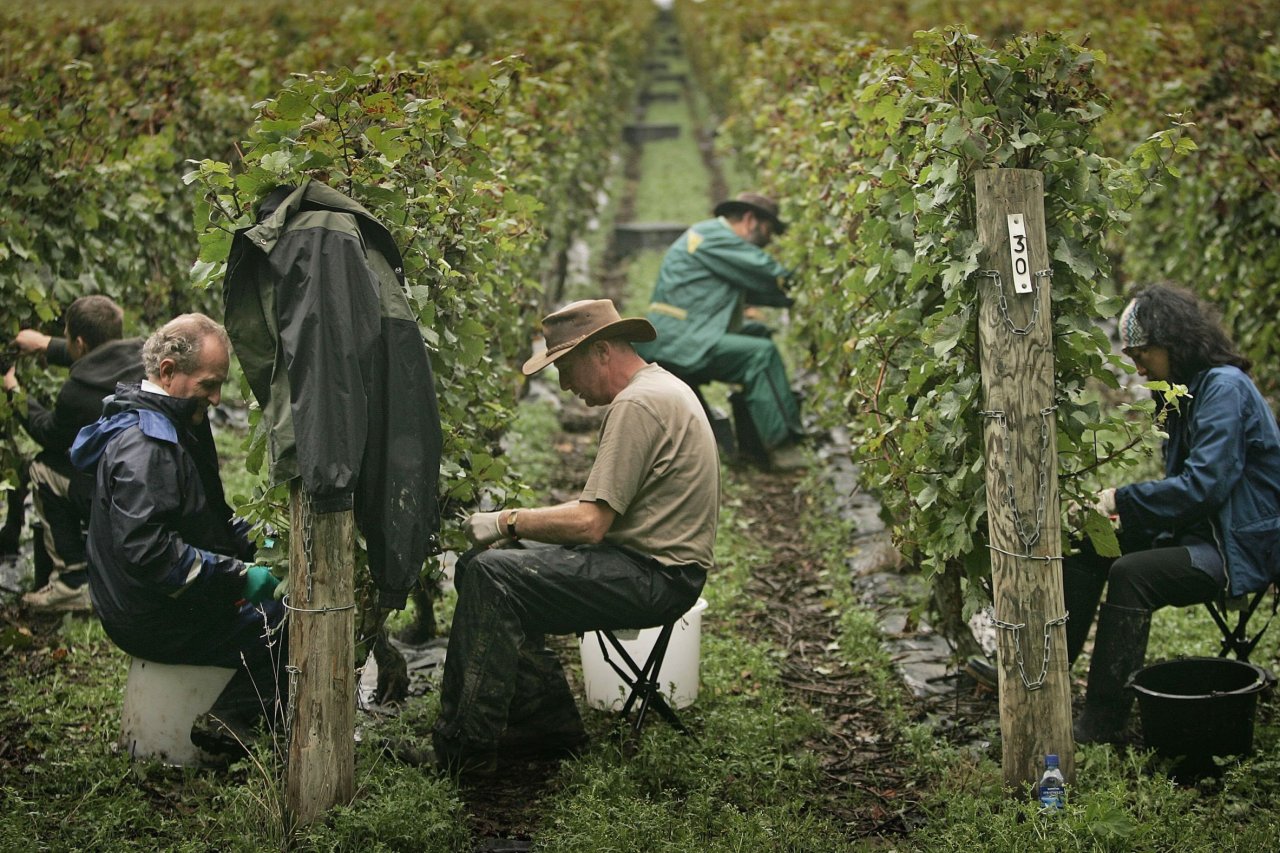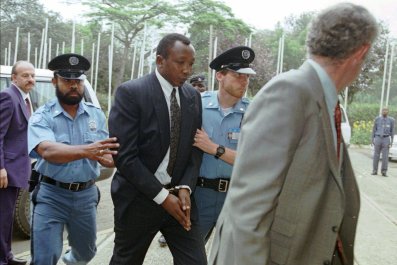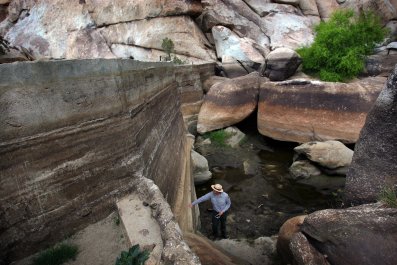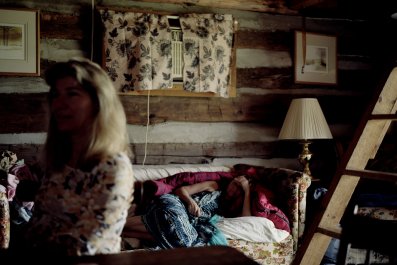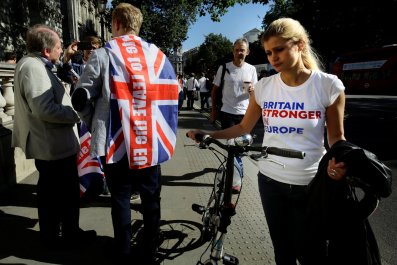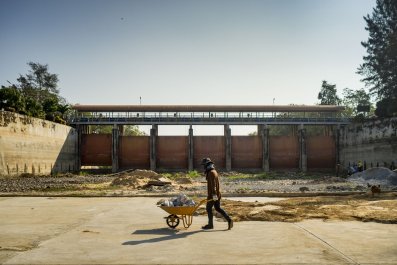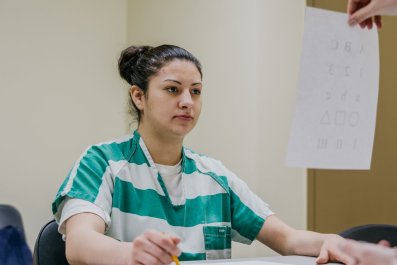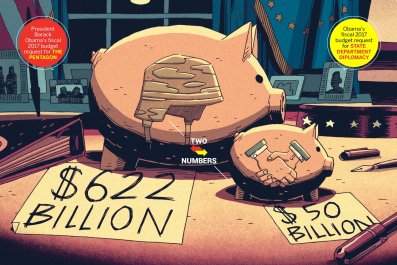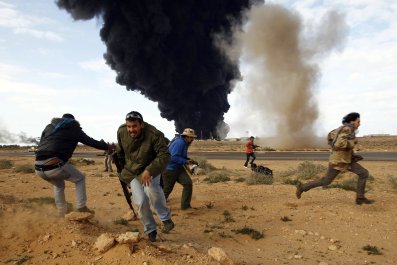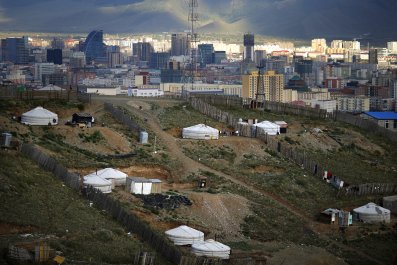Other than France, Britain is the world's largest market for champagne, so any attempt to replace the much-loved French bubbly with a homegrown alternative might appear doomed to failure. But a handful of wine producers in southern England are betting that a few years hence, a sommelier might well ask if you would prefer a bottle of Hampshire or a glass of Sussex rather than offering Moët or Krug.
For years, English wine production was an irrelevance because it was focused on German varietals, which never attained anything like the quality of the real thing. That has changed in the past decade. Now English winemakers produce high-quality English sparkling wine as their sole product.
The most important factors for the quality of any wine are climate and soil. Stretches of southern England can claim to possess near identical geology to France's Champagne region, which is only a couple of hundred miles to the southeast. Global warming has meant that while the overall temperatures in southern England are still slightly below those in Champagne, there is now enough annual heat to create a competitive product.
At times, the wines are not just competing but winning. In the past few months, there have been a couple of professional tastings in London and Paris that show the potential of English sparkling wine. In the first, a panel of 12 international wine critics and restaurateurs, including the writer Jancis Robinson, who holds a master of wine title, and Neal Martin, the chief critic of Robert Parker's Wine Advocate newsletter, took part in a blind tasting of eight champagnes and four leading British equivalents. First and second place went to English sparkling wines Hambledon and Nyetimber, while Pol Roger and Taittinger came in a respectable third and fourth.
This was not some fluke or random result. In April, the British Wine and Spirit Trade Association held in Paris the first blind tasting of English sparkling wines against equivalent champagnes, and again the English bottles won in two of the three categories and tied for first in the third category.
Nyetimber, which is the oldest and largest producer of quality English sparkling wine, is owned by Eric Heerema, a Dutch financier. He is happy to concede that Champagne's product is the benchmark of quality in the sparkling wine stakes but thinks England is one of the very few places in the world that can match and even beat it. "The climate here is fractionally cooler, which means the growing season and harvest is slightly later and our yields are much lower—they tend to be half of that in Champagne," he says.
English growers are quick to point out that they are not trying to imitate France's champagne but instead make a local sparkling wine that expresses English rather than French terroir. "We want to make a wine with character. Nyetimber is slightly fresher than champagne, and there is a well-balanced acidity, but elegance is what we strive for—elegance with a really long aftertaste," says Heerema.
Nyetimber has many fans in the wine trade, including London-based Farr Vintners, the world's largest fine wine broker. Tom Hudson, Farr's sparkling wine specialist, says, "It's the best one we've tasted to date—we have worked with them for quite a few years, and the wines get better and better. Their single-vineyard Tillington is outstanding and would give any Grande Marques champagne a run for its money."
Hambledon, the main rival to Nyetimber, is run by Ian Kellett, another former banker. Hambledon was the first producer of English wine in the early 1950s and switched to sparkling wine only in 2004. "I am confident that English sparkling wine production will actually surpass champagne sales but not for 30 years or so. It takes at least 10 years from planting to production, so this is not as far-fetched a time scale as it might sound," he says.
It is still early days. There are more than 2,000 hectares of English vineyards planted with the traditional trio of champagne grapes—pinot noir, chardonnay and pinot meunier. That land is now producing around 4 million bottles annually. This is equivalent to about 15 percent of the amount of champagne imported into Britain, so predictions of English bubbly overtaking consumption of champagne in the coming decade might be a little premature.
Of the dozen or so top English sparkling wine producers, Davenport in Sussex is one of the few with full organic certification for all of its vineyards. Will Davenport, the founder and owner, has five vineyards and produces the wines completely in-house, from pressing grapes to labeling the bottles. Raphaël Rodriguez, the French-born head sommelier at Fera in London's Claridge's hotel, serves Davenport alongside champagne.
"They are making something that is true to its origins and terroir," he says. "This is what we are looking for, not something that attempts to imitate French champagne. It is still only a very small part of our sales, as we are in Mayfair, where champagne is still the preferred drink. It has a different sort of acidity than champagne. It is slightly greener, like crunchy apples—fresher and sharper, which is very enjoyable."
Leading champagne houses are taking notice of their English rivals. Last year, Taittinger announced a joint venture in Kent with its U.K. agents, Hatch Mansfield. Patrick McGrath, managing director of Hatch Mansfield, says the two companies have purchased 70 hectares of former orchards near Chilham in Kent. The first vines will not be planted until next year, and production is expected to begin in 2022. "Fundamentally, English sparkling wine went through 15 to 20 years as a novelty product and got a little tarnished, but now there is a very clear understanding about what is required," he says. "One thing I have learned is that site selection is really crucial—it has to be south-facing, sheltered and below 100 meters."
McGrath is cautious about making bold claims about the future. "If I am honest, I don't know that England has great swaths of potentially high-quality land from which we can make world-class wine, but we do have a few pockets of similar chalk to that found in grand cru Champagne vineyards," he says. Those pockets of chalky soil may not be enough to help England win this cross-Channel battle of the bubbles, but the more serious the competition becomes, the more fine sparkling wines there will be to enjoy. British and French drinkers will raise a glass to that.


